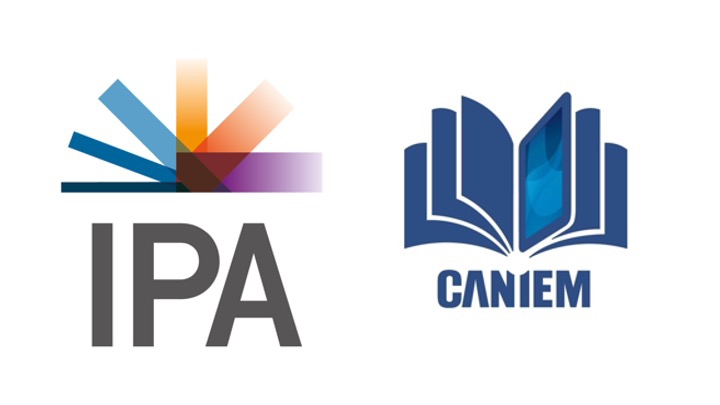In the text of the lawsuit, CANIEM also alerts to the grave limitations to the freedom to publish of Mexican educational publishers.
The cancellation of these regulations was arbitrary and unlawful and prevented publishers from participating in the publication of textbooks for secondary schools, harming millions of Mexican students and teachers.
These regulations established that for each grade and subject there had to be more than one text available. The different educational publishers, members of CANIEM, invested millions of dollars preparing different textbook proposals for each subject of each grade of secondary education.
These titles were submitted to an evaluation process at the Ministry of Education, in which some were approved and others were rejected for not meeting the criteria established by the educational authority.
The approved books became part of a catalog available to more than 300,000 secondary education teachers in the country. In a process of absolute transparency, carried out impeccably by a specialized department within the Education Ministry, called CONALITEG, each teacher could choose the textbook that best suited their needs from four or five available alternatives,.
CONALITEG was in charge of consolidating all the teachers’ requirements into an order for the different participating publishers. Thanks to the economies of scale and the negotiating capacity of CONALITEG, the state paid up to 10 times less than the regular retail prices for those same books.
These books were then delivered in a complex but efficient way to more than 30,000 public secondary schools throughout the country, for the benefit of 5.5 million students.
It is ironic that the new education project of the Federal Government, called “New Mexican School”, is based on greater autonomy for teachers, while in fact the choice that secondary school teachers previously had to choose the book that best suited their needs is now reduced to one single textbook.
According to the Reforma newspaper (August 26), during an event in the state of Guerrero, President López Obrador responded to broad criticism of the new, government-produced textbooks, saying “Whether people want them or not, there will be new textbooks to start the school year.”
It is internationally a well-known fact that the single textbook model does not contribute to quality education, because it does not take into account the diverse capabilities, circumstances and needs of learners, nor does it recognize teachers as fundamental agents of the educational process.
According to an article in the September 28 issue of The Economist, “Mexico is among the few countries in which the national government produces the approved textbooks for all schools, public and private. Cuba, North Korea and Nicaragua, all dictatorships, are among the others.” Do we want to follow their example? It doesn’t look promising.
According to former supreme court judge José Ramón Cossío and attorney Gabino González in the September Nexos magazine: “The revision and modification of study plans and programs cannot be done unilaterally by the federal government, but the educational authorities must rather convene education experts, academics, parents, students and other actors involved in education, such as school participation councils.”
It should be noted that the process established by law for the preparation of school textbooks indicates that the study programs must be published first, so that later, based on these programs, the corresponding textbooks can be prepared.
This due process was violated on this occasion, since the books were prepared in complete secrecy, long before new study programs were published. Education expert Gilberto Guevara Niebla writes in the September Nexos magazine: “It can be stated that both the [educational] reform and the development of the textbooks were done behind society’s back and it is not until now (August 2023) that the books have been opened to public consultation.”
Regarding the serious educational gaps we face in Mexico, educational experts Marco A. Fernández and Laura Noemí Herrera have said: “The Achilles heel continues to be the deficiency in learning: only 4 out of every 10 students acquire the expected knowledge in essential disciplines such as mathematics and reading comprehension.”
“The COVID pandemic further deepened this problem, sending 36 million students home as a preventive measure.” “Contrary to all logic and responsibility, the authorities did not evaluate student learning to create focused teaching strategies and to mitigate the impact of these years without in-person classes.”
The Mexican educational publishing industry is recognized nationally and internationally for its pedagogical and scientific accuracy, as well as for the constant updating of its content and the excellent graphic design of the products.
The Greek historian, biographer and philosopher Plutarch said that “the mind is not a vessel to be filled, but a fire to be kindled.”
This requires good teachers and good textbooks. We have great teachers. Mexican publishers have the knowledge and experience and are ready to provide books of the highest quality to help kindle the minds of our boys and girls. We just need to be allowed to participate. That’s why we filed the lawsuit.

